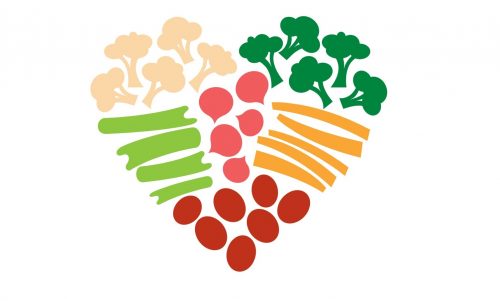
Does this sound familiar? You hear about this wonderful diet that will guarantee weight-loss, so you try it, only to gain even more weight back once you’ve lost it? And during the entire diet, you are starving, feeling deprived, and don't have much energy.
Don’t feel bad. You are not alone. Just because a diet works for one person, does not mean that it will work for you. Diets are destined to fail. Diets cannot be sustained long term. Even if a diet helps you get to your goal weight, how will you then keep the weight off? Diets are not a sustainable way of eating. In order to lose the weight and keep it off, you need to create healthy lifestyle changes.
Top 5 Reasons Why Diets Fail
1) People choose to use a diet to achieve a short-term goal. That goal is usually to lose weight before an upcoming event. Diets are perceived from the onset as a temporary action used to obtain an immediate result. Once that result is achieved, the diet is stopped and old eating habits return.
2) The yo-yo diet or weight cycling. As mentioned, many people go on diets, lose weight, and then gain weight, often more than they lost. And, for some reason, the cycle is repeated. To quote Albert Einstein, “Insanity is doing the same thing over and over and expecting different results.” This repeated failure can have negative effects on a person’s mental health and could result in an eating disorder.
3) Many diets are based on the premise of counting calories using a formula meant for the general population as opposed to the individual. Everybody processes calories differently. This formula supports that caloric expenditure exceeds caloric intake and will therefore promote weight loss. It has become clear that this premise is no longer true. Every calorie is not created equal. Calories consumed from spinach or sweet potatoes are much more nutrient-dense than calories consumed from a processed, low-fat muffin. In addition, if you were to consume too few calories, your body goes into survival mode, slowing down the metabolism. You run the risk of your metabolism remaining sluggish once you start consuming more calories. Tracking food is one of the best ways to lose weight and learn how to eat healthy. However, you must be paying attention and balancing not only calories, but fat, carbs, protein, fiber, sodium, and cholesterol.
4) Before even starting a diet, people believe that they will be depriving themselves of foods they love. Entering into a program with this mindset clearly does not support success. This constant experience of deprivation will bring on food cravings that will be difficult to ignore.
5) This brings me to the last reason why diets do not work. They do not address food cravings and how to handle them. Everyone has cravings. Having the tools to help navigate through those cravings and reach for healthy food alternatives will help to eliminate them.
Unfortunately for many individuals, diets only offer a quick fix to a larger problem. Learning which foods nourish the body and which don’t is the best approach to eating in order to obtain weight-loss and optimal health.
What are you waiting for? Life is too short to continue holding yourself back any longer. Take a small step today to change your life.
I would love to guide and support you on your journey! Schedule your free Transformation Discovery consultation now! You are capable of much more than you realize. You can have the life you've always dreamed of and this can be accomplished by committing to yourself and taking small baby steps every day.
Disclaimer: This blog is not intended to diagnose, treat, prevent or cure any illness or disease.
The information provided in this blog is for general educational purposes, has not been reviewed nor approved by the FDA and is not intended to take the place of advice from your medical professional, licensed dietitian or nutritionist.
You are solely responsible for your health care and activity choices. Participation in this blog does not constitute a client-coach relationship.


